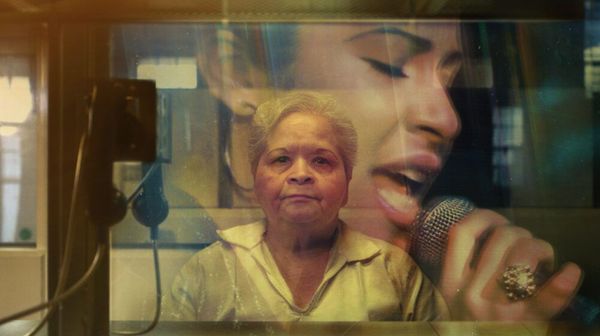Listening to a song of Lata Mangeshkar on Beijing radio in 1958 may have changed the course of Pan Woliu’s life.
Fourteen years old at the time and a budding musician, Mr. Pan (78) isn’t entirely sure what the song was. But he does remember the melody was unlike anything he had heard. It convinced him that his future was in music.
Fast forward 15 years, by when Mr. Pan had just started his first job in music after graduating from the elite Central Conservatory of Music— he had to spend an extra seven years in school because he could not find work, as Mao’s Cultural Revolution (1966-76) banned all classical music performances — and India still remained on his mind. The young boy from Guangxi, who was born in 1944 in a cave in the town of Guilin at the time of Japanese occupation, had joined the Oriental Song and Dance Ensemble, a famous musical group specialising in Asian music, patronised by former Premier Zhou Enlai.
His second moment with “Lataji” followed when the film Noorie starring Farooq Shaikh and Poonam Dhillon became a massive hit in China in 1981. If Raj Kapoor was the face of Indian cinema for Chinese of his generation — also the face of optimism, hope, colour and love, a world away from the Communist propaganda of the Cultural Revolution — the voice of “Lataji” became another cultural bridge.
“Aaja Re was unlike anything I heard,” he said. “It touched my heart, the melody, the way she sang.” Mr. Pan packed his bags and headed to New Delhi in 1982, where he spent a year at the Shriram Bhartiya Kala Kendra on Copernicus Marg learning everything he could about playing the tabla.
On returning to China, Mr. Pan became an ambassador for Indian music. He would send his students to spend months in India. Some of them came back and became teachers at the conservatory. Mr. Pan joined China’s National Philharmonic Orchestra as a tympanist — playing percussion — until he retired in the year 2000.
He An, who hosts occasional “salons” for lovers of Indian culture in Beijing, said Lata Mangeshkar’s music appealed to many. For him, it all started with Zeehale Muskin from the film Ghulami, a song he first heard when in New Delhi. “Many people got to know and love her work in the salons,” he said, “and we are all saddened and sorry to hear of her passing. There are many people in China who love Indian culture, who want to know a real India.”







